Coaching & Mentoring

People are multi-faceted
Your approach to Coaching & Mentoring should be too.
Assessments can offer a number of benefits in the coaching relationship. First, they benefit the coach, saving them a significant amount of time and guesswork. The coach is better able to understand who their client is at an individual level, flag possible challenges within certain areas of their profile, fast track the “getting to know you” phase at the beginning of the relationship, and as a platform for guiding the discussion around personal and/or professional goals.
From the coachee’s perspective, assessment tools are excellent for accelerating their self-awareness, gaining a fresh perspective, revealing blind spots, exploring one's strengths and weaknesses, providing a framework for discussing relationships and communicating with important people in their lives, exploring their career development, building a professional development plan, and getting to those all important “ah-ha” moments faster.
By using accurate and objective information, the coach is better equipped to help their clients in any situation.
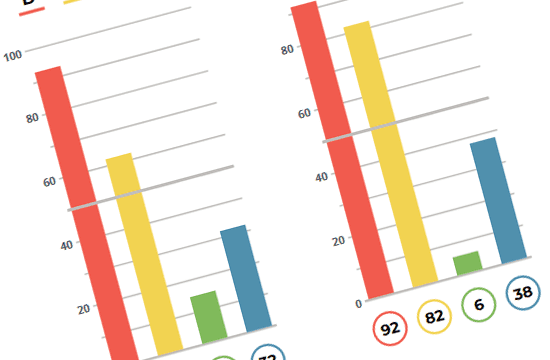
DISC Profile in Coaching & Mentoring
This assessment measures 4 core behavioural tendencies.
The DISC profile provides the coach with detailed information on the individual’s preferences, strengths, talents, limitations, possible challenges and areas for improvement. The coach can use this information to help the coachee develop greater awareness of how to interact with the people around them and make better quality decisions for themselves and those they care about.
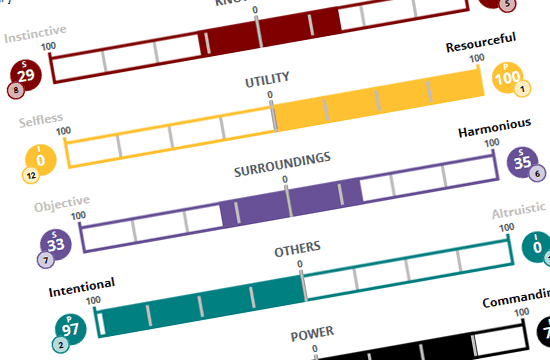
Driving Forces Profile in Coaching & Mentoring
This assessment measures 12 personal drivers or motivators.
Our personal drivers are not readily apparent and are often very difficult to articulate. Having a profile of core motivators, values or drivers is a crucial step towards self-awareness, providing the coachee with an accurate perception of themselves. The Driving Forces profile is especially useful as a career coaching tool — to help to the coachee understand the type of work that they will find engaging and fulfilling, as well as what they will tend to find uninteresting and demotivating.
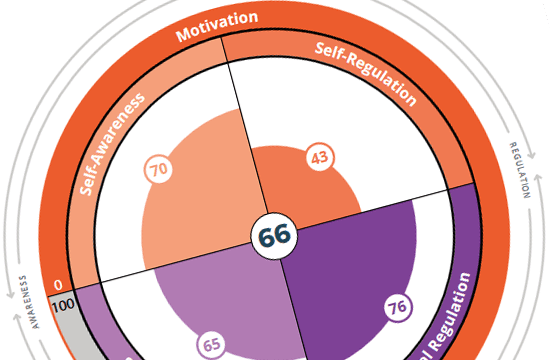
TTI Emotional Quotient in Coaching & Mentoring
This assessment measures 5 core dimensions of EI.
The EQ assessment helps to highlight the state of the client’s emotional maturity and can help the coach understand which specific areas (within the core 5 framework) need targeted development. Ultimately, the coach can use the information in the EQ assessment to help the coachee develop greater awareness of how to interact with the people around them and make better decisions for themselves about their career and life.
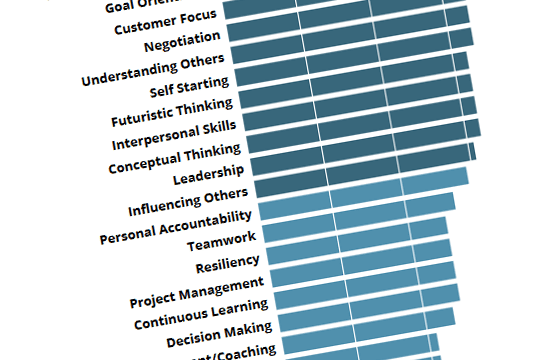
DNA Profile in Coaching & Mentoring
This assessment measures 25 competencies or soft skills.
The DNA profile is so named because there are 25 soft skills that are the basis (or building blocks) for performance across many different roles. Individual’s sometimes have blind spots and may need help in accurately assessing their competence. Coaching with the DNA profile allows you to create a training and development plan targeting the skills that are most important for success in any given role.
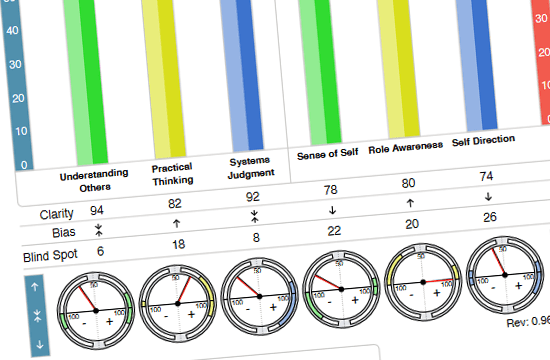
Acumen Capacity Index in Coaching & Mentoring
This assessment measures 3 core dimensions of thought.
Everyone's brain has a unique thought process or model through which we filter and assess our views of the world. These patterns of thought determine our acumen: our ability to make good judgments (related to, but different from, business acumen). Understanding our acumen allows us to understand our natural talents and overall potential.
Your Difference: Multi-Science Profiles
One of the advantages of the TTI suite of tools is that we offer you “multi-science” reports, which provide integrated feedback. With this multi-dimensional view, leaders and managers are able to understand themselves and others at a much deeper level than just using a single assessment. The additional advantage to multi-science assessments is they provide you with a layered development plan for leaders. For example, leaders can work through information on their behavioural style, driving forces, and emotional intelligence in one short sitting or they can tackle it one phase at a time over several months. Multi-science reports provide better options for training, more comprehensive information, and more “ah-ha” moments.
